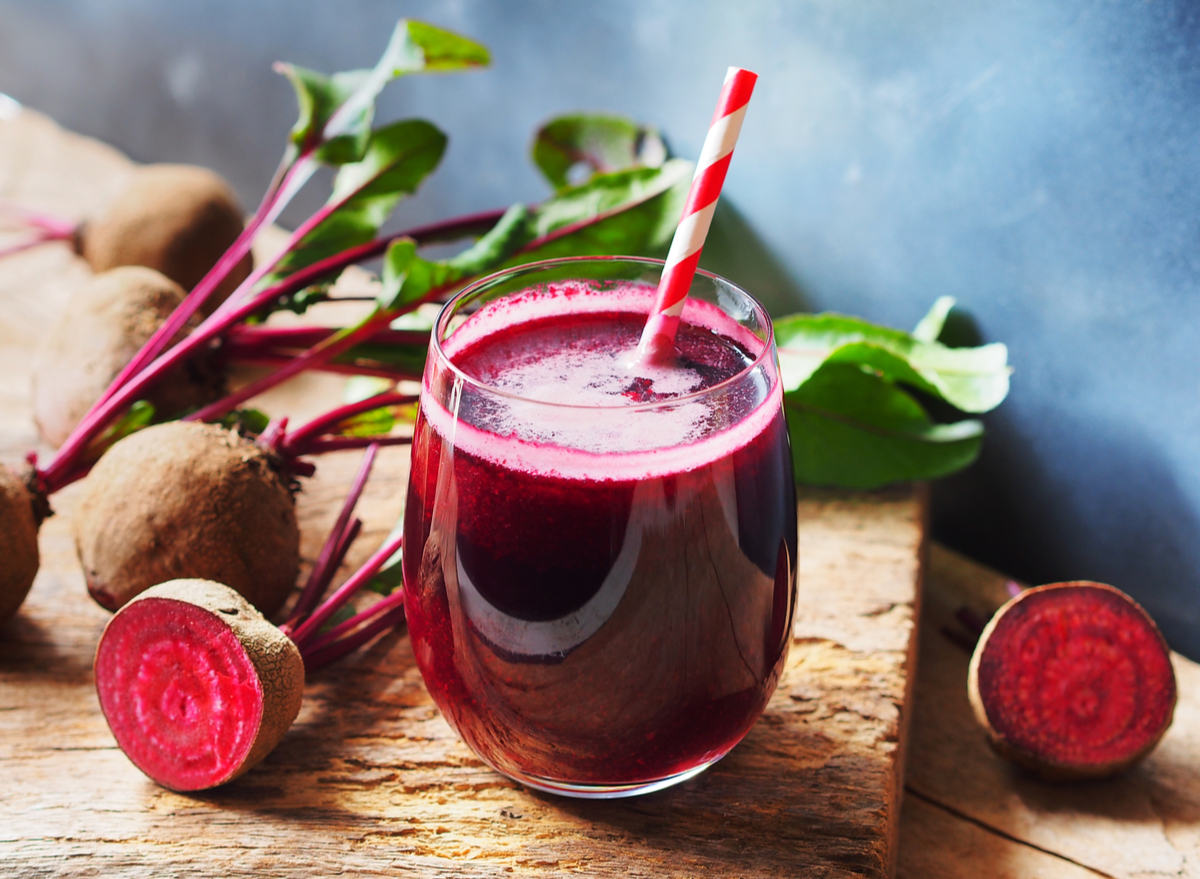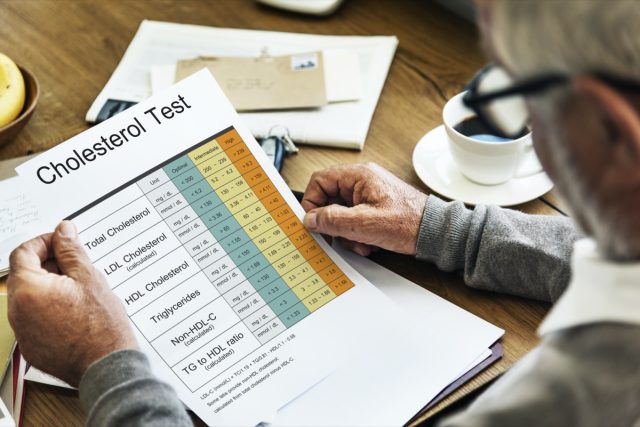Learn more about ‘What Happens To Your Body When You Drink Beet Juice?’ Beets, which are frequently hailed as a superfood, have a number of health advantages. They are a wonderful vegetable that may be consumed raw, roasted, pickled, pureed, or converted into beet juice. Compared to consuming beets, juicing them might have different impacts on the body.
To achieve the same results as a cup of beet juice, you would need to consume more beets than the average person would in one session.
In beetroot juice, antioxidants, nitrates, vitamins, and minerals are highly concentrated. Additionally, beet juice has less fiber than eating beets.

Beet juice has attracted the attention of athletes and physically active people in particular since studies have linked it to improved performance and recuperation. And not only athletes may gain from include beet juice in their diets; drinking beet juice offers a number of health benefits for the body, including decreasing cholesterol and blood pressure.
You should be aware of what you’re ingesting when you pour a glass of ruby red beet juice, whether you buy it in stores or make it at home using raw beets and a juicer. Here are a few effects of beet juice on the body.
Beet Juice Can Increase Your Stamina
Want to speed up and dominate your aerobic exercises? The solution could be to sip some beet juice. Half a cup of concentrated beet juice was administered to trained cyclists every day for six days, and the results showed an improvement in cycle times, power output, and pulmonary oxygen uptake when compared to the control group.

A different small study with 20 fit men found that consuming beet juice an hour before a four-kilometer run reduced their time by an average of two minutes when compared to the control drink. The effectiveness of muscle contractions is thought to be enhanced by the nitrates present in foods like beet juice, which are thought to be able to lower the cost of oxygen that the muscles require during exercise.
It May Lower Your Blood Pressure
A daily glass of beet juice may help you maintain healthy blood pressure. After ingestion, nitrates are transformed into the substance nitric oxide. Nitric oxide affects blood vessels by dilatation, enhancement of blood flow, and reduction of blood pressure on blood vessel walls. In one small study, participants with high blood pressure drank a cup of beet juice every day for four weeks, and their blood pressure significantly decreased (by an average of 7.7/5.2 mm Hg), endothelial function significantly improved (20%), and artery stiffness decreased.
It Might Lower Your Cholesterol
Beet juice may help lower cholesterol levels, another risk factor for heart disease, even though it has been shown to be effective at lowering blood pressure. One to two cups of beet juice per day for 15 days significantly increased antioxidant and nitrate levels in the body, according to research on 30 physically active adult men.

LDL (bad) cholesterol decreased on average by 10 points, while HDL (good) cholesterol increased on average by seven points. A larger study is required to determine whether beet juice can affect the cholesterol levels of people who already have high cholesterol or heart disease because this study was conducted with healthy, active adults.
It May Speed Up Muscle Recovery
Exercises that are difficult on your muscles might cause them to become quite painful for several days later. For a quicker recovery, you might wish to include beet juice in your post-workout regimen. In a small study, it was discovered that athletes who drank beet juice instead of a placebo after jump training recovered more quickly.

The high nitrate and antioxidant content of beet juice and its effects on the muscles may be connected to its association with muscular discomfort. It’s crucial to remember nevertheless that not all research have discovered this correlation. Beetroot juice can be consumed after exercise without harm. Use its natural sugars, sweet flavor, and electrolytes to rehydrate your body.
Beet Juice Might Lead To Kidney Stones
If you’ve ever had a kidney stone, it’s probably not something you’ll ever forget. And regrettably, your chance of developing another kidney stone increases by 50% if you’ve already had one. Oxalate-rich foods, such as beets, can raise this risk. When calcium and oxalates from diet mix, they can form stones that are too big to pass via urine. You might want to avoid or limit beet juice and other high-oxalate foods if you’ve previously experienced kidney stones.









